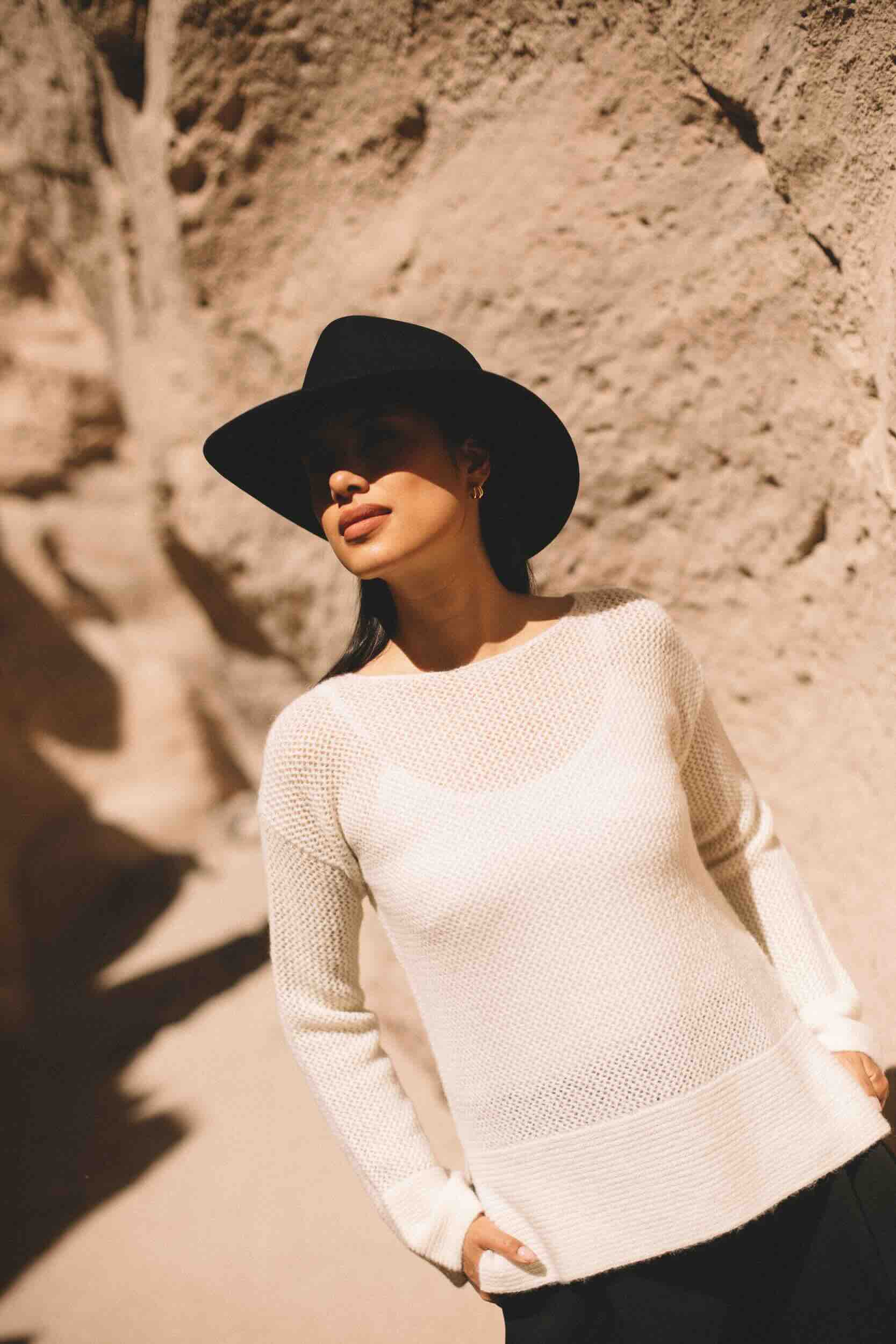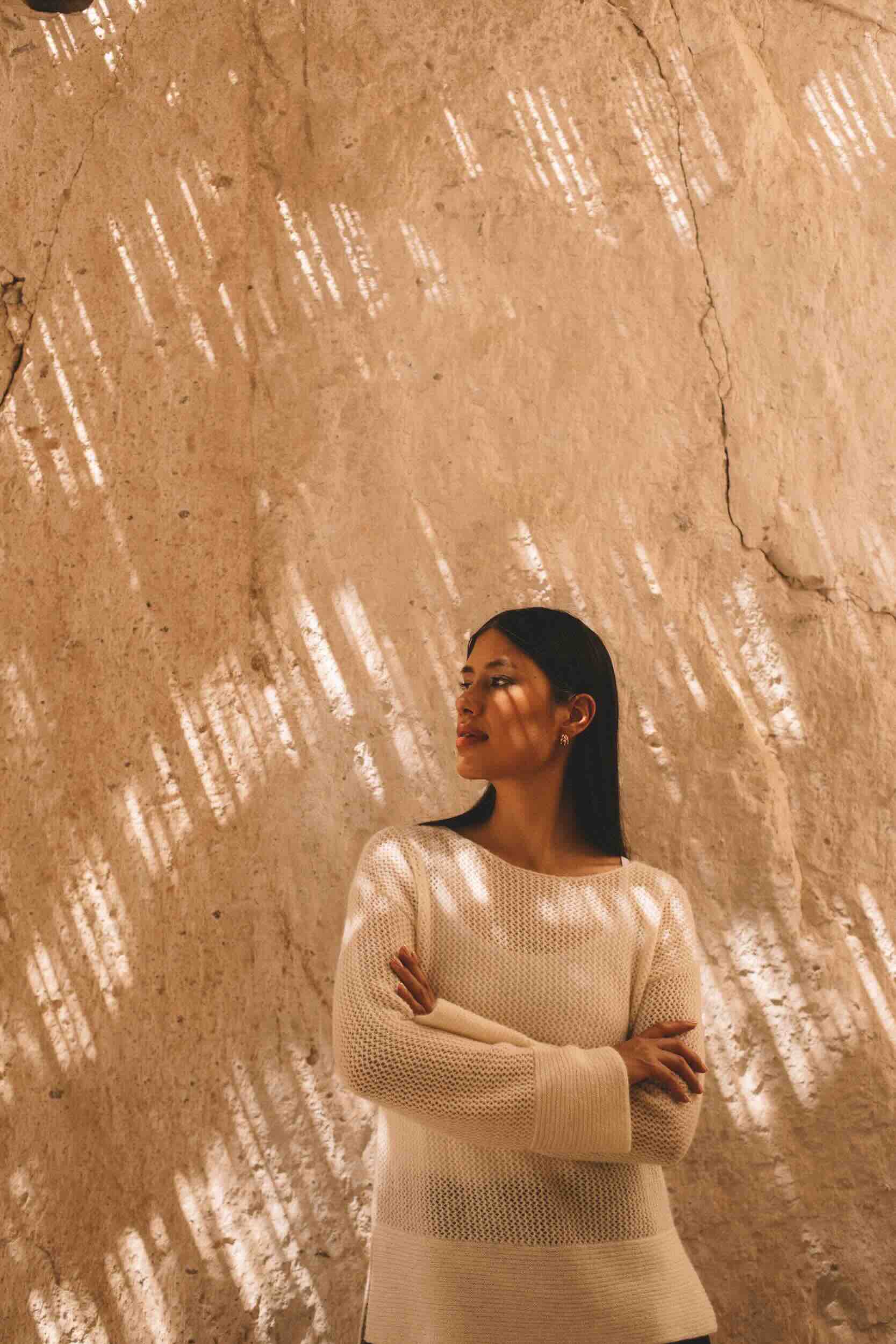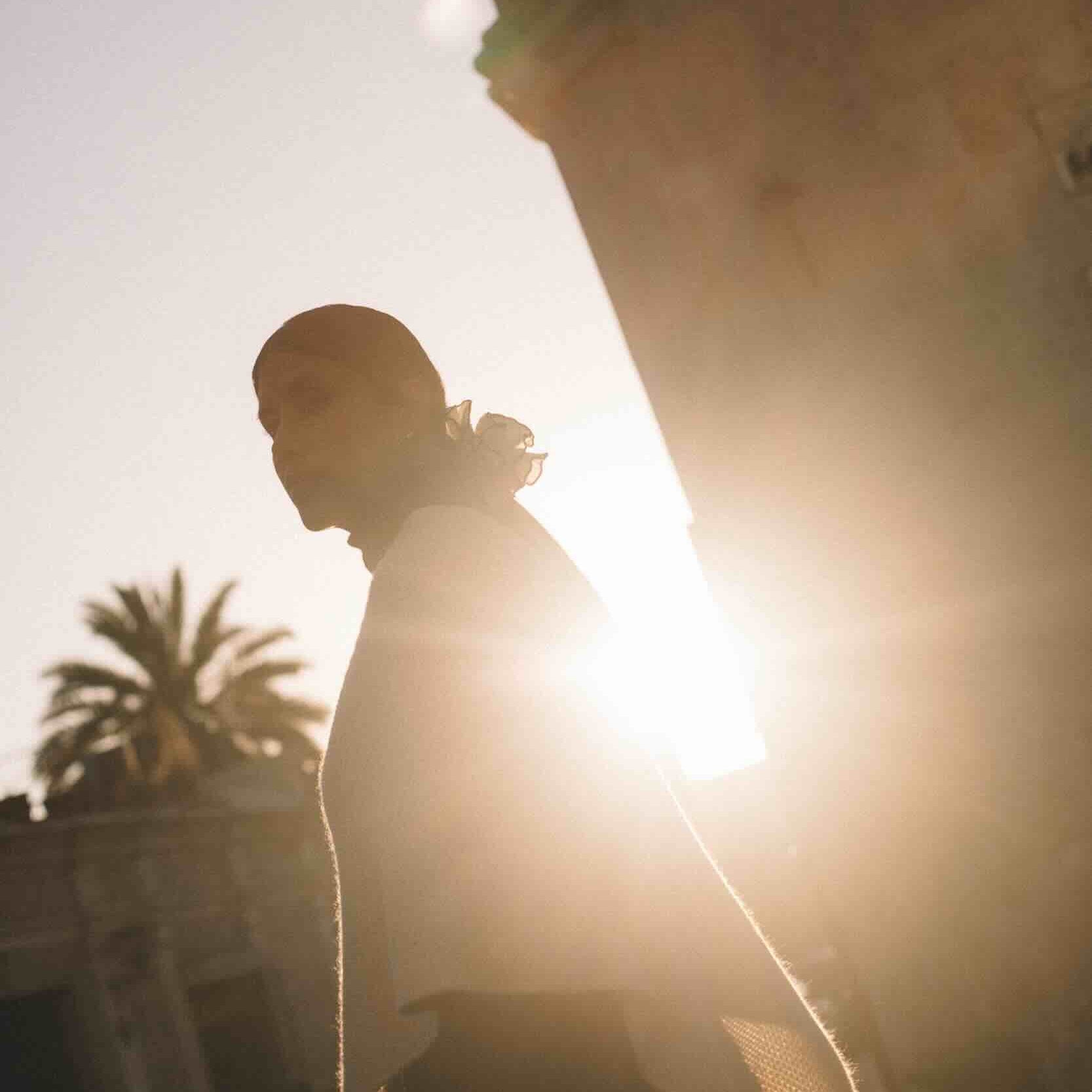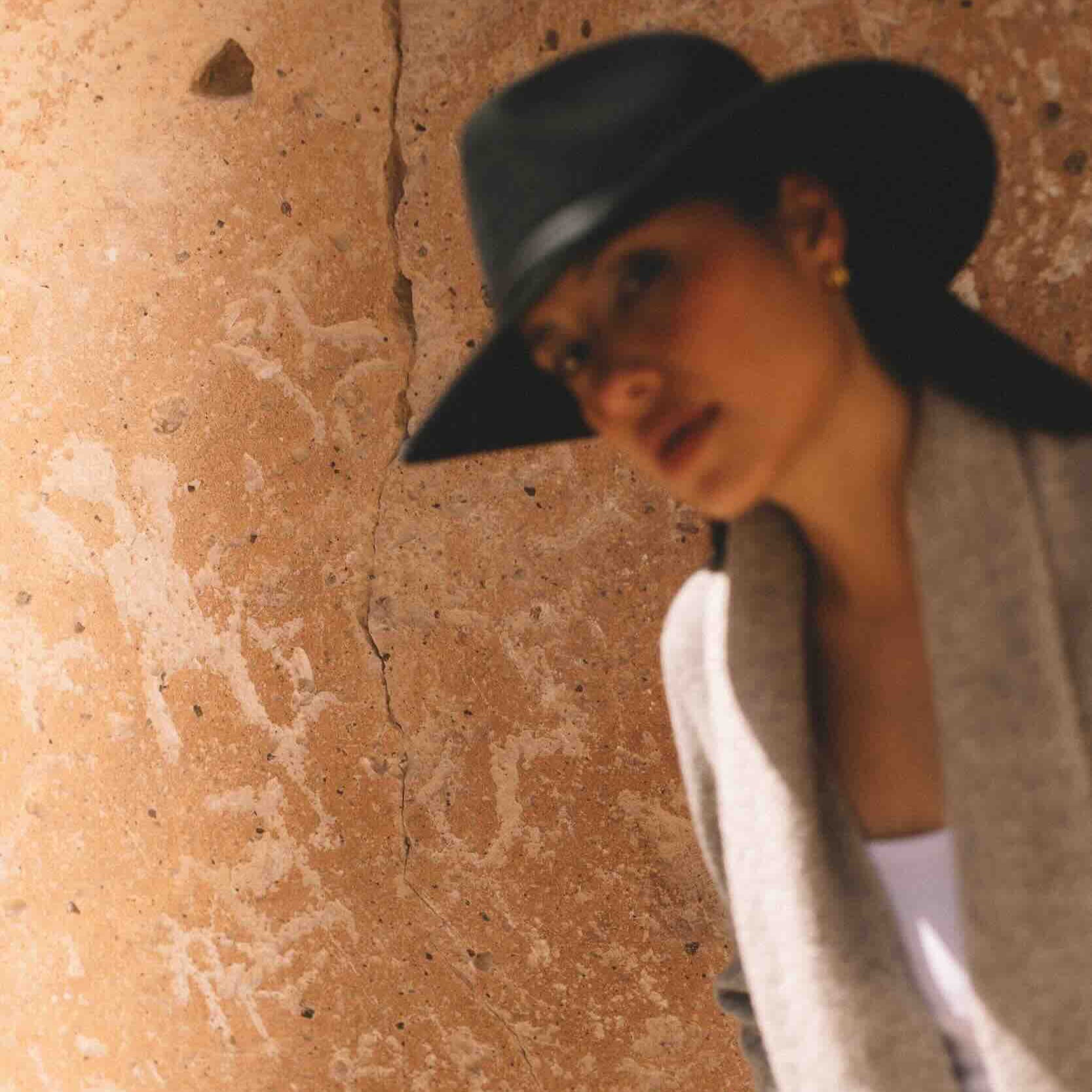Our World
MUNAYKI
Literally translated from Quechua, it means “my love belongs to you” and figuratively “I love you” – at MUNAYKI, we love aesthetics, luxury and nature in equal measure.
Because love of aesthetics is a longing for harmony – a silent prayer to the beauty that resides in everything. It teaches us to see, choose and create with mindfulness – not in excess, but in depth.
Luxury, properly understood, is not an escape into excess, but the art of refining the essential. Those who honour beauty do not waste – they preserve.
For us, sustainability is not a trend, but a form of culture. An expression of responsibility born out of love for our environment.






